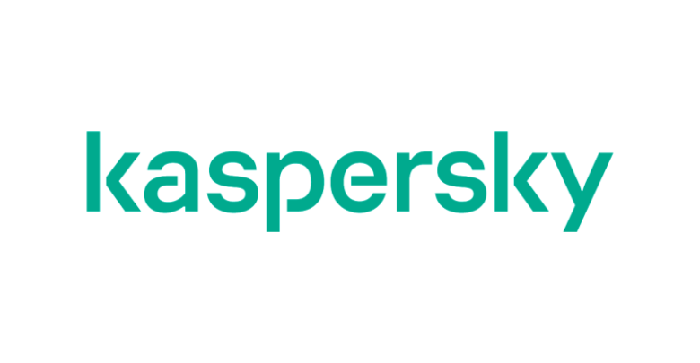Much of our financial life has long since shifted from the physical world to the digital. Banking apps, digital wallets, online payments, and cryptocurrencies are all 21st-century innovations that make financial transactions faster and more accessible than ever before, opening up all kinds of hitherto unimaginable opportunities.
But this convenience has a downside: digital finances are vulnerable to digital crimes. Kaspersky experts give advice on security aspects that should be kept in mind to have safe experiences while making digital transactions.
Financial phishing
Finance-related phishing remains a significant threat. Based on Kaspersky research, in 2023 it accounted for 27% of all phishing attacks on corporate users and 30% on home users globally. Phishing attacks typically begin with cybercriminals crafting fraudulent emails or text messages designed to lure recipients into taking action. These emails often mimic legitimate communications and contain links to fraudulent websites or malicious attachments designed to harvest credentials, install malware, or initiate unauthorized transactions. It’s advised to double check information and go to the official web pages or applications before sharing account details or making digital payments.
Banking trojans
Cybercrooks disguise Banking trojans as legitimate applications and lure people into installing them, for example by sending phishing text messages containing malicious URLs or links to malicious apps on third-party app stores. So, it’s safer to download apps only from official stores such as Google Play Store, Apple App Store, and so forth.
Once the banking app is launched, the Trojan displays its own interface overlaying the banking app’s interface. As a user inputs credentials, the malware steals the information. There is one critical stage in the process of stealing money – hijacking SMS with one-time passwords sent by the bank’s system as part of two-factor authentication. That’s why users need to be cautious with all apps that request permission to access SMS.
Unsecure connection
If proper security is not in place, hackers can access the payment information while it is being transmitted. While most digital wallets use encryption to mitigate against this threat, consumers should not use unsecure public Wi-Fi to log into their online bank accounts but rather use 4G connection, and a VPN.
Device theft or loss
If a phone, tablet or computer is stolen, criminals can potentially access sensitive financial information. It is therefore essential for a person to lock their devices and also financial apps with unique passwords.
Even with these measures in place, it is advised to enable notifications at your bank and carefully monitor banking card and account activity. Hackers might not necessarily steal a significant amount of money or attempt to purchase a high-value item. Instead, it could be a small transaction that might go unnoticed now and then which can result in the most damage over a long period. Alert your bank as soon as you spot suspicious activity.
“Digital payments are a reality that will develop further as the benefits of contactless transactions are huge. Ensuring online purchases, mobile money and other digital transactions are made safely comes to basic cybersecurity safety practices: having a cybersecurity solution installed on all types of devices where money transfers are made, regular scanning of devices, installing software updates for the operating system and applications upon their availability, and checking applications permission for such crucial functions as SMS access. Adhering to general security best practices is essential to minimise such risks as inadvertently clicking on a malicious link that may redirect you to a counterfeit version of a well-known website or application,” says Seifallah Jedidi, Head of Consumer Channel in the Middle East, Turkiye and Africa at Kaspersky.
Using full-coverage security software such as Kaspersky Premium is crucial when doing online payments. This security kit includes special feature called Safe Money, which was designed specifically for enabling secure financial transactions and online purchases. With Safe Money, users can do online shopping and banking safely in the knowledge that both – money and personal data are fully protected.


COMMENTS